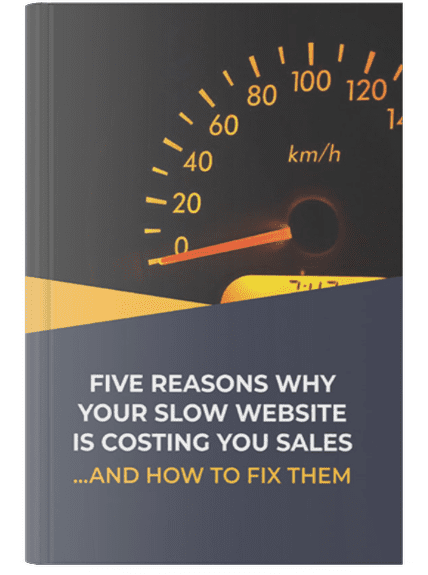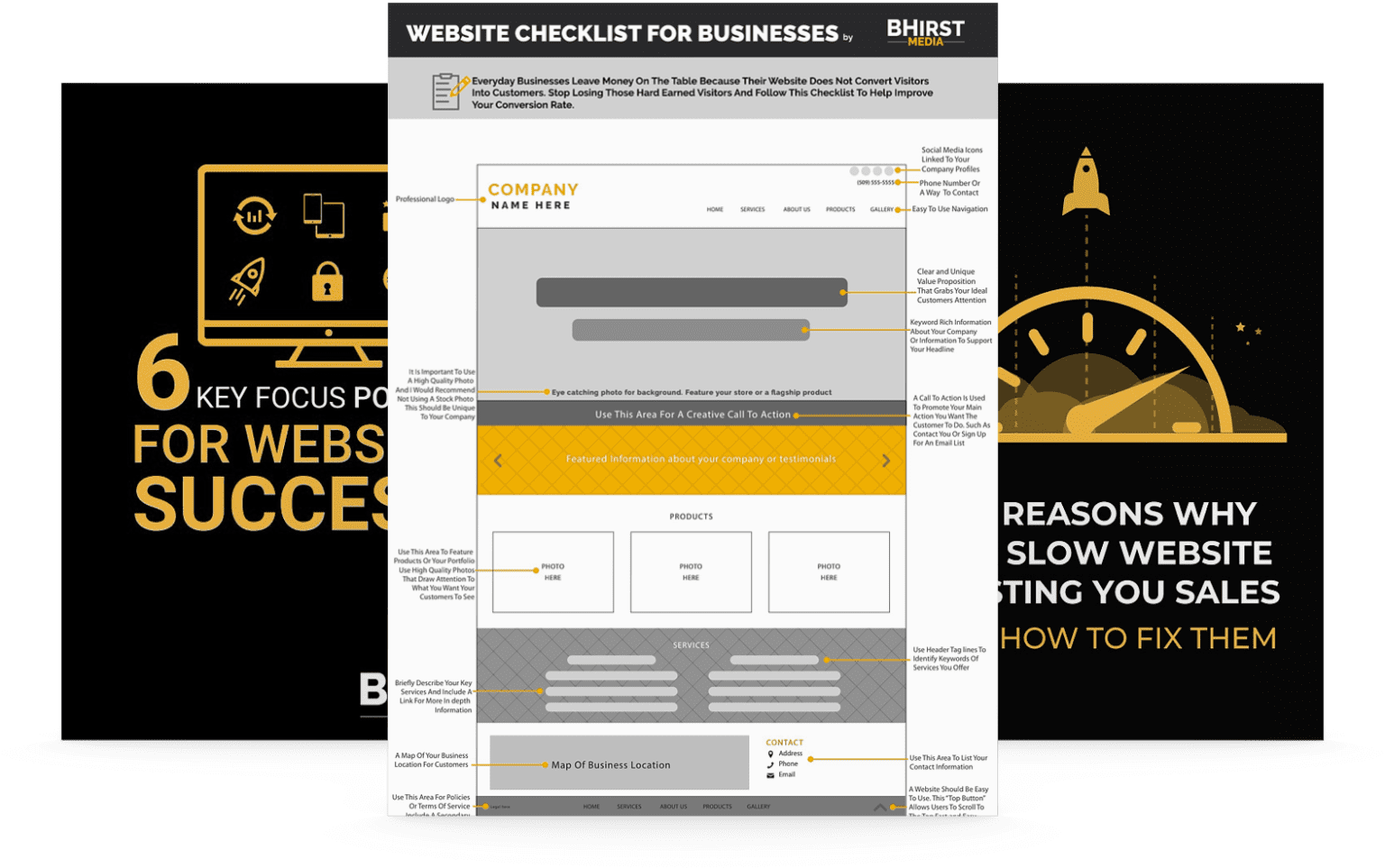
Have you ever been frustrated waiting for a website to load, only to eventually give up and try a different site instead? If so, you’re not alone.
While the average load time for a website is 3.21 seconds, users expect pages to load even faster, making it clear that website speed plays a significant role in determining the success of an online business, as it affects both user experience and business outcomes.
A speedy website not only provides a seamless user experience but can also help drive higher website traffic and increased conversion rates. Conversely, a slow website can be a source of frustration among users, leading to high bounce rates and missed revenue opportunities.
In this article, we’ll take a closer look at the factors that affect web page speed, discuss the impact of loading time on user experience and business outcomes, and provide some strategies for optimizing website performance.
The speed at which a website load plays a significant role in determining the success of an online business. Users tend to abandon websites that take too long to load, leading to higher bounce rates and missed opportunities for conversions.
Furthermore, search engines like Google consider website speed as a ranking factor, making it essential for businesses to focus on optimizing their site’s performance.
Several studies have shown the importance of web page speed in retaining users, driving website traffic, and improving conversion rates. For instance, Google research reveals that 53% of mobile site visits are abandoned if pages take longer than 3 seconds to load.
Moreover, a 1-second delay in page loading time can lead to a 7% reduction in conversion rates, emphasizing the need for businesses to prioritize website performance optimization.

By using these strategies, businesses can make their website faster, resulting in a better experience for users and more sales.
It can also be helpful for businesses to invest in comprehensive website services, which can include designing the website, developing it, maintaining it, and providing technical support. Working with professional web designers and developers can help create a visually appealing website that prioritizes performance and user experience.
Regular website maintenance and monitoring can ensure optimal performance and address any issues that may arise over time. Moreover, partnering with a reliable technical support team can help troubleshoot and resolve any performance, security, or functionality-related issues.
A website that takes forever to load can be frustrating for users and negatively impact a business’s search engine rankings. This can result in a loss of website traffic and ultimately, decreased sales. However, there are ways to optimize website performance, such as investing in reliable hosting, streamlining website design, optimizing media file sizes, using a Content Delivery Network (CDN), adopting efficient coding practices, and optimizing the website’s database.
At BHirst Media, we understand the importance of a fast and optimized website for businesses. That’s why we offer professional web services such as website design, web development, and ongoing maintenance to improve businesses’ online performance. By having a fast and optimized website, businesses can create a better user experience, increase website traffic, and ultimately boost sales. So, if you want to enhance your online presence and take your business to the next level, don’t hesitate to contact us today to learn more about how we can help you achieve success online.
